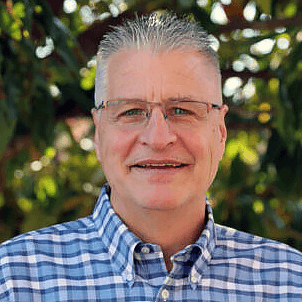
Increase Supporter Generosity with Video Messages
Discover how ViewSpark can transform your donor engagement and boost fundraising efforts.
Connect with all donors personally
Optimize action with real-time data
Use multiple channels to reach donors
Make online giving more personal
Personalize events for better results
Insights to retain and engage donors
Business intelligence and analytics
Custom online giving experiences
Mobilize volunteers to grow your mission
Deliver powerful, modern donor management that increases your impact
Increase ROI with a HIPAA-compliant platform designed to unlock growth
Strengthen your institution to build long-term alumni engagement
Engage, personalize, and steward your community and cause
Your one tool to recruit, engage, and connect supporters with your mission
Curate supporter experiences from registration to cultivation
See what success with Virtuous looks like
The responsive approach builds trust and loyalty through personalized engagement
Virtuous gives you the CRM, fundraising, volunteer, and marketing tools you need
Virtuous is a software company committed to helping nonprofits grow generosity
We’re here to make sure you get the most from your technology investment
Extend the value of Virtuous by connecting with a trusted Technology or Solutions partner
Thought leadership, tips, and tricks for donor engagement
Insights, trends, and in-depth analysis
Where nonprofit leaders come to talk
Guides, reports, and best practices
Learn, network, and grow with us
Learn how to use Virtuous and prove your expertise


Discover how ViewSpark can transform your donor engagement and boost fundraising efforts.

Discover how ViewSpark can transform your donor engagement and boost fundraising efforts.
Virtuous gives you the nonprofit CRM, fundraising, volunteer, and marketing tools you need to create responsive experiences that build trust and grow impact.
Everything you need to build better relationships and increase impact with confidence.
Send comprehensive, omni-channel campaigns to activate donors and increase engagement.
Produce virtual, hybrid, or in-person events that are personalized and raise more.
Recruit and mobilize volunteers to fill mission-critical needs without the back-office headache.
Design personalized donor journeys, plus automate back-office processes and task management.
Actionable insights to help retain donors and extend engagement.
Design effective online giving experiences that celebrate the impact of each donation.
Enterprise-grade business intelligence and analytics to improve decision-making.

